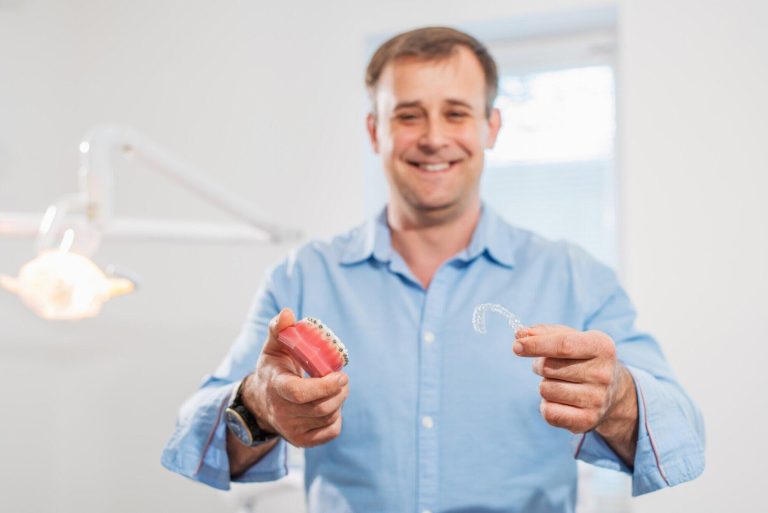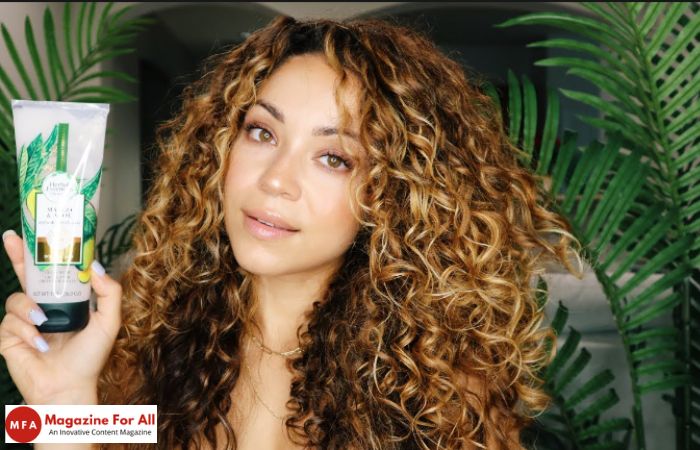We’ve all heard that certain herbal essences and natural oils can promote hair growth and strengthen existing hair strands. Products containing essential oils like rosemary, lavender, tea tree, and peppermint are commonly marketed as natural remedies for thinning hair and hair loss. However, some research has also linked certain herbal ingredients to potential side effects like scalp irritation and increased shedding when applied topically. In this article, we’ll take a closer look at some popular herbal essences in hair care products and examine the evidence around whether they can cause hair loss.
Before diving into specific herbal ingredients, it’s important to note that hair loss has many potential causes, both genetic and environmental. For most people, temporary shedding of 50-100 hairs daily is normal and nothing to be concerned about. However, excessive shedding or noticeable thinning could be a sign of a condition like male or female pattern baldness. Hormonal changes, stress, medical issues, and certain medications are also common contributors to hair shedding and loss. So when evaluating herbal essences, it’s difficult to definitively point to one single cause without consideration of other underlying factors that may be impacting a person’s hair health.
That said, let’s explore some of the most common herbal ingredients used in hair care products and what research says about their potential effects:
Table of Contents
Rosemary Oil
Rosemary oil is one of the most popular essential oils used in herbal hair care products due to its purported benefits for hair growth. It contains compounds like camphene and 1,8-cineole that are thought to increase blood circulation when massaged into the scalp, delivering more nutrients to hair follicles. Some studies have found rosemary oil can help reduce hair loss and support new hair growth when used topically.
However, other research indicates rosemary oil could potentially cause irritation when over-applied, leading to excess shedding or thinning. One 2017 animal study found applying high concentrations of rosemary essential oil directly to rats’ skin resulted in dermatitis and hair loss. Certain individuals may also have allergic or sensitive reactions to rosemary oil. As with any concentrated essential oil, it’s best to do a small patch test first and dilute it properly before using on the entire scalp. Over-reliance on rosemary oil as a standalone treatment could potentially do more harm than good for hair.
Tea Tree Oil
Tea tree oil is another essential oil often found in herbal hair care products marketed as an anti-dandruff solution and treatment for hair loss. Some research shows tea tree oil’s antibacterial and anti-inflammatory properties could help manage dandruff and relieve itchy, flaky scalps. However, other studies have linked the over-application of concentrated tea tree oil to scalp irritation, peeling, and temporary shedding when used without dilution.
As with rosemary oil, certain individuals are predisposed to contact dermatitis or allergic reactions from tea tree oil. Use with care – dilute to only 1-5% concentration and do a patch test first, as excessive tea tree oil could exacerbate scalp issues and contribute to unnecessary hair shedding in sensitive individuals. Moderation is key when using this powerful essential oil topically on the scalp and hair.
Peppermint Oil
When diffused aromatically or diluted topically, peppermint essential oil is often recommended for its soothing and invigorating properties. Some claim it can promote hair growth and strength due to menthol’s ability to increase circulation. However, a review published in the International Journal of Trichology found no conclusive scientific evidence yet that peppermint oil directly causes new hair growth when applied topically.
Additionally, peppermint oil is a very potent essential oil that requires proper dilution to avoid potential side effects like stinging, burning, and temporary hair loss due to excess shedding. One potential cause for concern is that menthol – peppermint oil’s main active compound – has been shown to damage hair cuticles and cause protein loss when present in high, non-diluted concentrations. Individuals with sensitive skin or scalps may also experience irritation or dermatitis from undiluted peppermint oil applied regularly over time. Moderation and dilution are key to preventing potential issues.
Lavender Oil
Like peppermint, lavender oil is known for its relaxing aroma but requires proper dilution when used topically to avoid irritation. Some research associates lavender oil compounds linalool and linalyl acetate with anti-inflammatory and antibacterial effects, which could assist scalp health. However, similar to other strong essential oils, lavender oil in concentrated form carries risk of dermatitis, photosensitivity, or hair damage/loss if over-applied without dilution.
A 2002 study also found topical application of undiluted lavender essential oil caused allergic contact dermatitis in some participants’ skin within 48 hours. As with others on this list, individuals should do a patch test with properly diluted lavender oil (no more than 5%) and avoid over-reliance on lavender oil as a sole solution for hair loss without addressing other potential underlying causes. Too much of a good thing can still cause harm.
Herbal Hair Loss Remedies: Caution Advised
So in summary – while certain herbal ingredients in diluted form as part of a holistic hair care routine may provide benefits, scientific evidence supporting their ability to induce new hair growth directly is still emerging. However, research does show that the over-application of strong herbal essential oils in a concentrated, non-diluted form on the delicate scalp carries the risk of irritation, inflammation, allergic reaction, and potentially more shedding or thinning over time in certain susceptible individuals.
For those struggling with hair loss, it’s always advisable to consult a dermatologist to rule out underlying causes like hormonal imbalances, nutrient deficiencies, or genetic factors before relying too heavily on herbal topicals alone. Sudden changes in shedding or noticeable thinning that occur alongside frequent essential oil scalp massages or applications could potentially be linked to an allergic reaction or sensitization from the overuse of potent botanical ingredients.
When choosing herbal hair care products, look for brands that offer properly diluted formulas to minimize the risk of harm. Bono Hair, a leading provider of hair additions and systems for men and women experiencing genetic hair loss and thinning, formulates its essence and natural hair systems to meet high dilution and safety standards so customers can enjoy herbal benefits without potential side effects that counter hair health goals.
Bono Hair’s Mono Hair Systems, a top-rated staple in the industry, are anchored with their proprietary BonoCore fiber that offers comfortable, long-lasting wearability plus herbal nutrition through their built-in essence blends. Individuals can boost scalp treatments with additional Bono Hair natural serums and elixirs diluted within the recommended percentages for home use. Proper dilution is key when using potent herbal ingredients.
Summary
In summary, while reaping herbal hair benefits is possible, certain concentrated natural essences may carry risks for sensitive scalps and cause temporary or excessive shedding if over-applied without dilution as directed. Always proceed cautiously and consult with dermatology experts if noticing sudden changes or worsening of hair loss symptoms with a natural remedy introduction. Bono Hair aims to provide safe, professionally formulated herbal hair care options to nourish hair without the potential for irritation or loss.































































